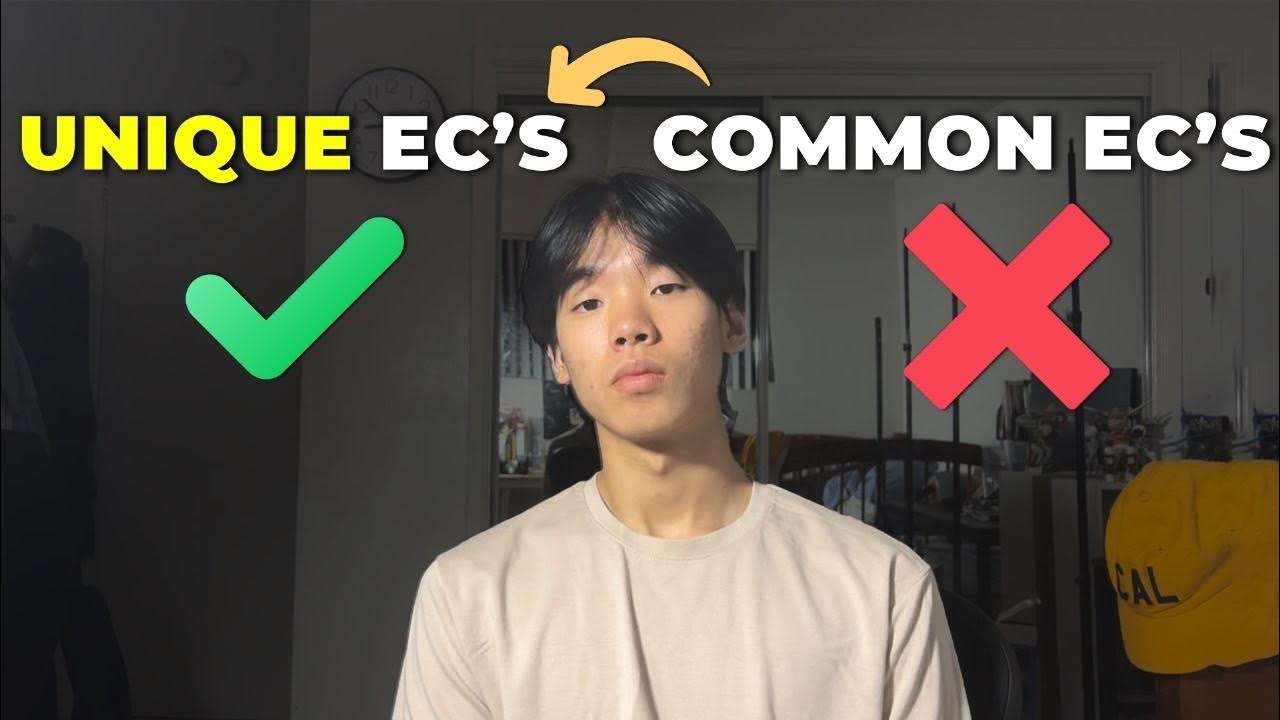How I Began Independent Research (5-Step Process)
Summary
TLDRIn this exclusive video, the speaker shares his secret formula for success in science fairs and independent research, which contributed to his Ivy League college acceptances. He emphasizes the importance of narrowing research scope, engaging with various sources for topic ideas, and the necessity of deep dives into research papers. The script outlines a step-by-step guide, from identifying a specific field of interest to formulating research questions and the importance of incremental improvements in research. It also addresses the misconceptions about the 'Eureka' moments in research and the practicality of starting with accessible projects, like coding, or leveraging local lab resources for more complex topics.
Takeaways
- 🧐 Start with a Specific Interest: Narrow down your focus within a broad field like biology to a more specific area such as microbiology or neuroscience.
- 🔎 Conduct Preliminary Research: Use various sources like YouTube, documentaries, and news articles to get a basic understanding of your chosen field.
- 📚 Dive Deeper with Academic Sources: Progress to more educational content like research papers and articles to understand current scientific advancements.
- 📝 Take Notes and Save Key Papers: Document important findings, challenges, and ideas from your research to help formulate your own hypotheses.
- 💪 Embrace the Challenge: Be prepared for the initial difficulty of understanding complex scientific papers and persist through the learning curve.
- 🏋️♂️ Analogy of Building Strength: Just like working out, push through the initial struggle to gradually build your understanding and capabilities in research.
- 🤔 Identify Problems in the Field: Recognize the challenges that scientists are trying to address within your area of interest.
- 💡 Generate Ideas: Use your understanding of existing research to propose new ideas or improvements to current methodologies.
- 🚀 Realistic Expectations: Understand that groundbreaking ideas are rare and building upon existing research is a valid and important part of scientific progress.
- 💻 Coding Projects: For those without access to lab facilities, coding projects can be a highly accessible way to conduct independent research.
- 📧 Reach Out to Professors: Consider contacting professors for mentorship or access to lab facilities, which can significantly enhance your research capabilities.
- 🏆 Finalize with Presentation: Complete your research with findings, and prepare to present or publish your work, potentially entering it into science fairs or conferences.
Q & A
What is the primary activity mentioned in the script that helped the speaker get into multiple Ivy League colleges?
-The primary activity mentioned in the script is participating in science fairs and conducting independent research.
What is the first step in getting involved in research according to the script?
-The first step is to do research and narrow down the scope of the field you are interested in, such as focusing on a specific area within biology like microbiology, immunology, or neuroscience.
What are some sources recommended for initial research on a broad topic?
-The script recommends YouTube educational videos, TV documentaries, news articles, and science magazines as good starting points for initial research.
What is the importance of narrowing down the research focus in the early stages?
-Narrowing down the research focus is crucial as it helps in identifying specific topics within a field that are interesting and manageable, making it easier to delve deeper and contribute meaningfully to the field.
What is the recommended approach for reading research papers in the early stages of research?
-The script suggests not necessarily reading papers from front to back, but rather reading the abstract or the results section to get a summary of the research, and taking notes on significant papers.
Why is understanding technical terminology important during the research process?
-Understanding technical terminology is important as it helps in deciphering research papers and connecting ideas, ultimately leading to a deeper comprehension of the field.
What is the purpose of identifying problems in a field during the research process?
-Identifying problems helps in forming the basis of a research question and understanding the challenges that scientists are attempting to solve, which is essential for developing a focused and impactful research project.
What misconception does the script address about the nature of research?
-The script addresses the misconception that research involves sudden breakthroughs like Einstein's theory of relativity. Instead, it emphasizes that research is a gradual process of building on the work of others.
Why is it suggested to start with optimizations in research projects?
-Starting with optimizations is suggested because it allows researchers to build on existing work, making incremental improvements that can eventually lead to significant advancements.
What are some practical tips for high school students interested in conducting independent research?
-The script recommends learning how to code, picking a science project that is accessible with reasonable materials, and reaching out to local labs or professors for mentorship and access to facilities.
What are the final steps mentioned in the script for completing a research project?
-The final steps include finishing the research, coming to some findings, and creating a paper or presentation, as well as potentially participating in science fairs, officially publishing papers, and attending conferences.
Outlines

This section is available to paid users only. Please upgrade to access this part.
Upgrade NowMindmap

This section is available to paid users only. Please upgrade to access this part.
Upgrade NowKeywords

This section is available to paid users only. Please upgrade to access this part.
Upgrade NowHighlights

This section is available to paid users only. Please upgrade to access this part.
Upgrade NowTranscripts

This section is available to paid users only. Please upgrade to access this part.
Upgrade NowBrowse More Related Video

How to get ahead in your 20's

don't know what extracurricular to start in 2024? i gotchu.

MICHAEL SOWERS | THROUGH X with Paul Carcaterra

How I Made a Viral Ad that got 500 Million Views (Complete Tutorial)

Your ordinary college decisions reactions video (villain origin story)

How I Did Research In High School: Internships & Independently
5.0 / 5 (0 votes)